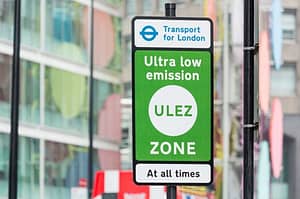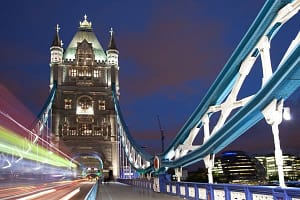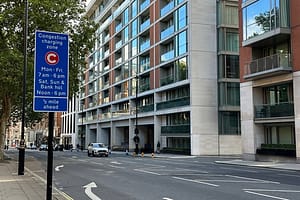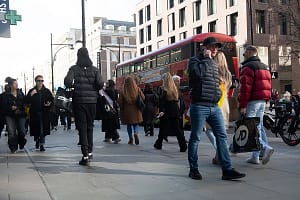Stephen Joseph, CEO, Campaign for Better Transport slams the 4.2% average travel fare rise in London
We’ve had 10 years of above inflation fare rises. That may have been justifiable when wages were rising in real terms, but now they’re stagnating. Fare increases are outstripping wage increases dramatically – by some 20% overall, and much more than that in some cases. Our research shows that Sevenoaks to London has seen a nearly 90% fare increase over the last decade in cash terms. Woking to London season ticket holders have seen a 40% increase over 10 years, adding £848 to the total price.
Yet even though those commuters are paying more money, the trains are overcrowded – so congested in fact that many of those ticket holders won’t get a seat.
From the perspective of businesses, the really big problem for London in particular is that commute costs here are far higher than in comparable cities, damaging London’s competitiveness as a world city. In Paris, Berlin, Frankfurt, to name but a few, and even in the US, fares are considerably lower because governments fund transport improvements and don’t expect commuters to pay. There is an acceptance in these countries that there are wider benefits for the whole population; motorists benefit from less congested roads, there is less pollution and traffic as commuters use trains rather than drive, and so on. If London’s commuters started driving rather than travelling by rail, London would grind to a halt.
It is a deliberate government policy to shift the burden of paying for rail improvements from tax payers to fare payers, and has been for successive governments. The government has a target for 75% of the cost of railways coming from fare payers – and it’s on target to achieve that. That’s a national policy, incidentally, and other parts of the country are experiencing big increases too. But London is the most affected because of its large commuter population and size.
We do need these improvements to the rail network. We need to get away from road-based transport for various reasons: to wean ourselves off our dependence on oil, to ease climate change, to reduce congestion and pollution on the roads. This all needs to come from a simpler, fairer and cheaper rail system.
So how should it be funded, if the government is reluctant to pay? We think railways should explore other forms of revenue. Currently 10% of their revenue comes from property development around stations – houses and commercial property. There should be more of that development. We also think there are strong opportunities for the government to look at other tax revenue – for example, by introducing a fuel tax on domestic flights that could then be used on railways.
Keeping the costs of commuting down would incentivise more people to travel domestically by train, which would then in turn boost revenues further.
Stephen Joseph OBE is the CEO of Campaign for Better Transport
You need to read:
Ken uses transport fare rises to slate Boris
TUC appoints first female general secretary as Brendan Barber retires





Leave a Comment